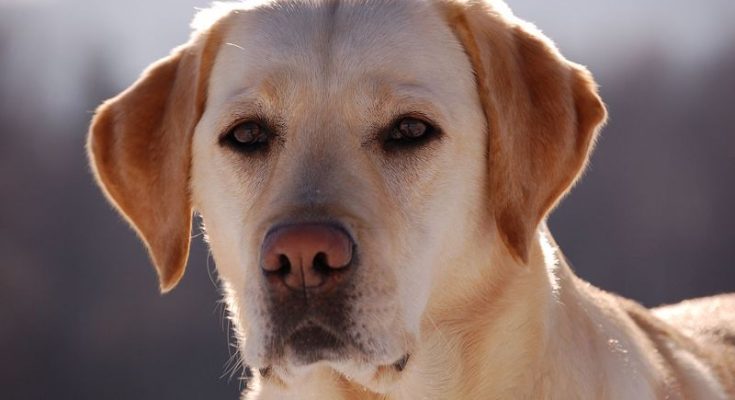New legislation signed into law Tuesday gives the go-ahead for dog-friendly dining establishments in Delaware.
In August of 2019, the Delaware Division of Public Health’s made a post on their Facebook page reminding restaurants and customers that it is illegal for dogs to accompany their owners to outdoor dining spots.
The post drew a slew of comments and backlash prompting the agency to backtrack a bit and to issue a clarification.
The new law amends the Delaware Code to allow the owners of a food establishment or beer garden to permit leashed dogs in the owner’s beer garden or on the owner’s licensed outdoor patio.
August Post
“We know you love Fido. So do we, but leave your pets at home when you go out to eat. Live animals, including emotional support animals are strictly prohibited from Delaware restaurants. This includes outdoor service areas. Only service animals are allowed in Delaware restaurants. Exceptions are made for edible or decorative fish in aquariums, shellfish or crustacea on ice or under refrigeration, and patrol dogs.”, read the post.
After over receiving over 900 comments on both side of the issues the agency responded on Thursday with an update to the post.
“We have been incredibly interested to read everyone’s comments related to our post from Friday about dogs not being allowed at food establishments, including outdoor dining areas. While DPH recognizes concerns food establishments and patrons may have about this issue, this is not a recent update to the food code. The Delaware Food Code prohibits pets – with the exception of service animals – in food establishments, which include outdoor service areas. To date, inspectors have not strictly enforced the outdoor portion of the food code. In an effort to protect the health and safety of dining patrons, we are revisiting the Code and associated policies related to this issue.
Food establishment owners should be aware of the potential health and safety risks of allowing animals in the outdoor areas of their establishments. Animals can transmit pathogens to humans through direct and/or indirect contamination of food and food-contact surfaces. Animals shed hair continuously and may deposit liquid or fecal waste, creating the need for vigilance and more frequent and rigorous cleaning efforts. Additionally, un-socialized animals may present a bite risk to other patrons.”
Many of the comments were in favor of the no dog policy reminder, however, one commenter summed up the pro fido side of the debate by writing “Congrats on sucking the joy out of everything. Typical.”

